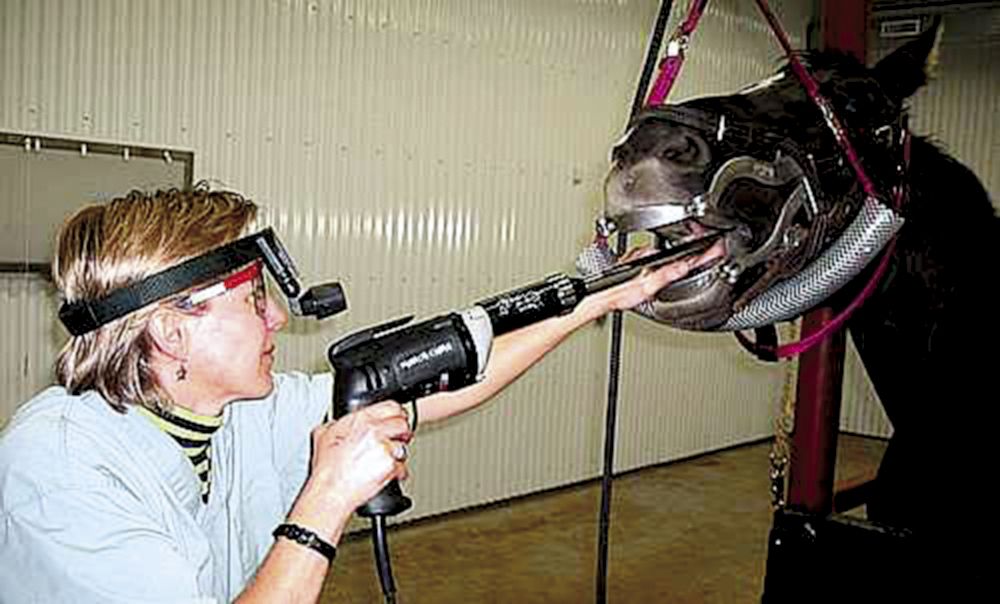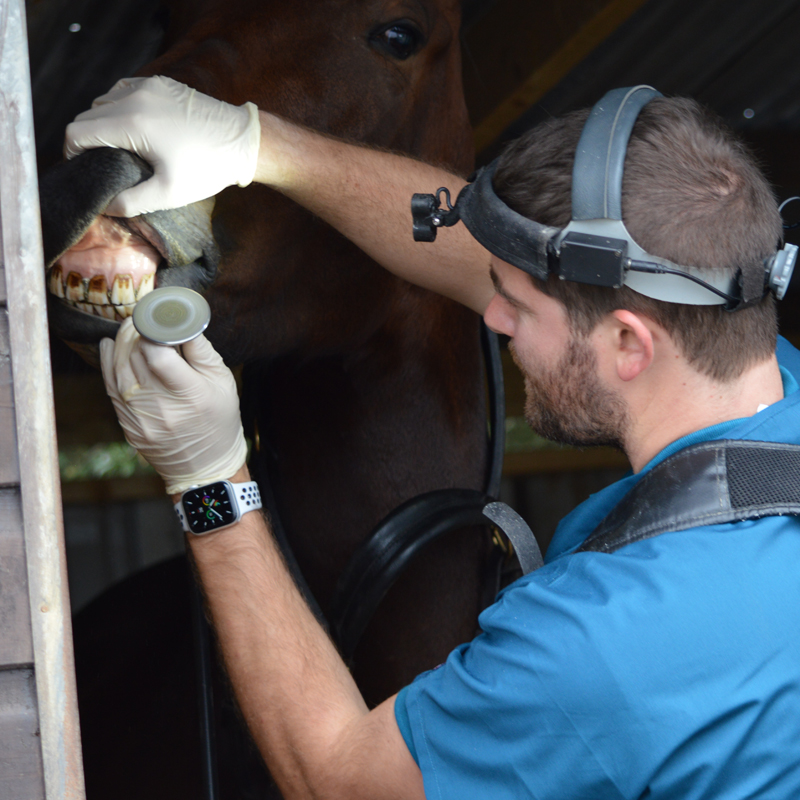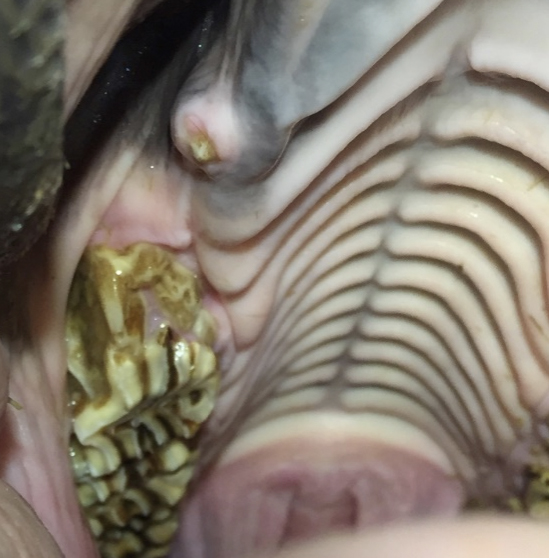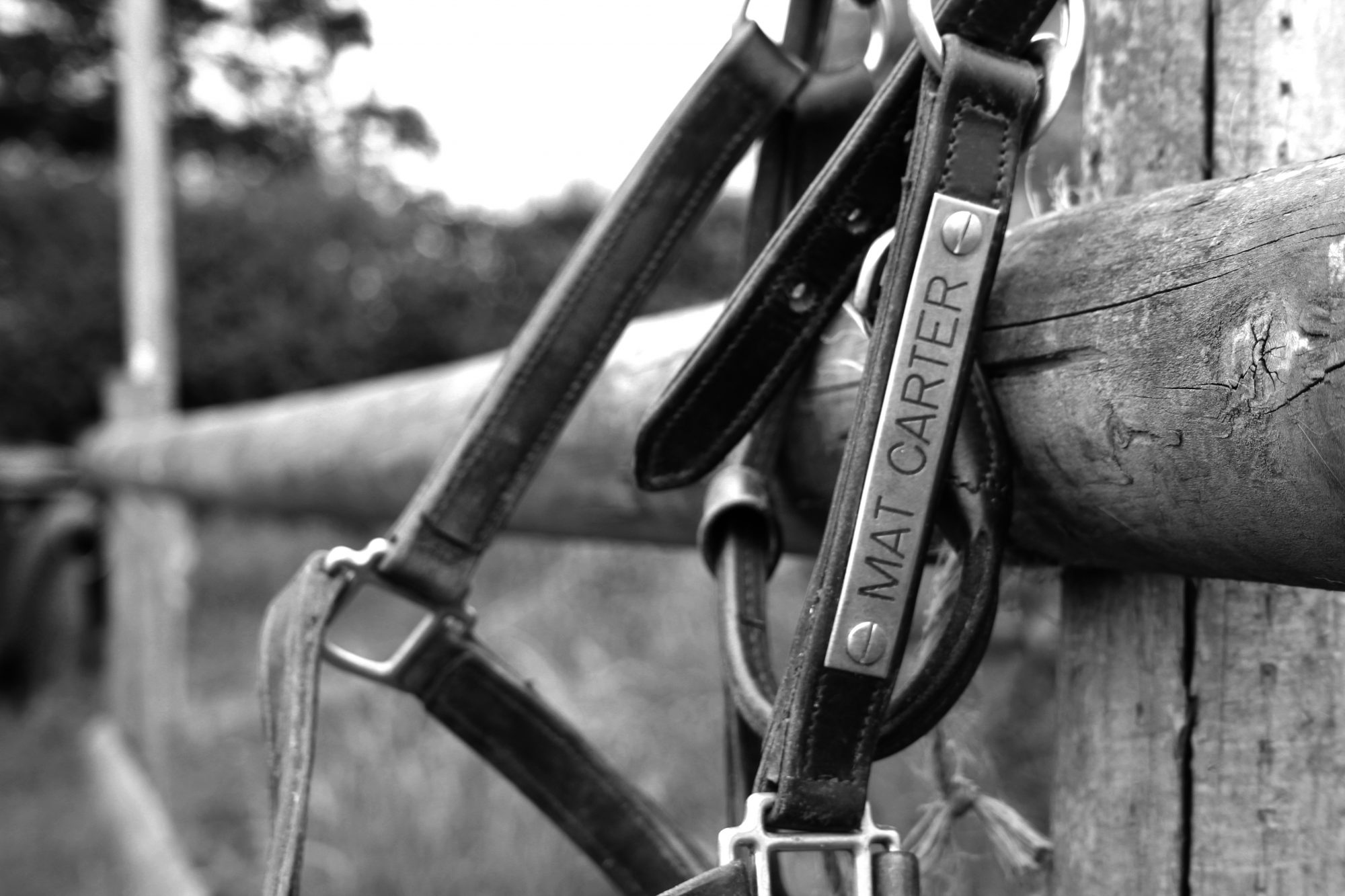DIY Dental Check: What Horse Owners Should Know

Performing a DIY dental check on your horse can be a valuable skill that helps maintain your horse’s oral health between professional veterinary visits. This article will guide you through the essential aspects of conducting a safe and effective dental check at home.
Why Regular Dental Checks Are Important

Horses’ teeth continuously grow and can develop sharp edges, uneven wear, or other dental issues that affect their eating, comfort, and overall health. Regular checks help identify problems early, preventing pain, weight loss, and behavioral issues.
Tools Needed for a DIY Dental Check

| Tool | Purpose |
|---|---|
| Flashlight or Headlamp | To illuminate the horse’s mouth clearly |
| Dental Speculum (optional) | To keep the mouth open safely during inspection |
| Gloves | For hygiene and protection |
| Hoof Pick | To clean the horse’s mouth area if needed |
Step-by-Step Guide to Checking Your Horse’s Teeth
- Prepare Your Horse: Ensure your horse is calm and restrained safely.
- Inspect the Outside of the Mouth: Look for swelling, discharge, or asymmetry.
- Open the Mouth Gently: Use a speculum if available, or carefully open the mouth by hand.
- Examine the Teeth: Look for sharp points, uneven wear, missing or loose teeth, and signs of decay.
- Check the Gums: Healthy gums should be pink and moist without swelling or bleeding.
- Observe the Tongue and Cheeks: Look for ulcers or cuts.
- Note Any Abnormalities: Record any findings to discuss with your vet.
Common Dental Issues to Watch For
- Sharp enamel points causing mouth sores
- Hooks or ramps on teeth
- Wave mouth (uneven tooth height)
- Loose or missing teeth
- Signs of infection or gum disease
When to Consult a Professional
If you notice any abnormalities, persistent bad breath, difficulty eating, weight loss, or behavioral changes, contact your equine dentist or veterinarian promptly.
FAQ
Q: How often should I perform a DIY dental check?
A: Ideally, every 3-6 months between professional dental exams.
Q: Can I perform dental floating myself?
A: Dental floating should only be done by a qualified professional to avoid injury.
Q: What signs indicate my horse is in dental pain?
A: Dropping food, head tossing, reluctance to eat, and weight loss are common signs.
Conclusion
Regular DIY dental checks empower horse owners to monitor their horse’s oral health effectively. Combined with professional care, these checks help ensure your horse remains comfortable and healthy.
This article is designed to be SEO-friendly by incorporating relevant keywords such as “horse dental check,” “DIY dental care for horses,” and “equine oral health.” The use of tables, lists, and FAQs enhances readability and user engagement.
